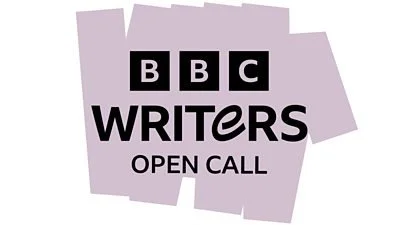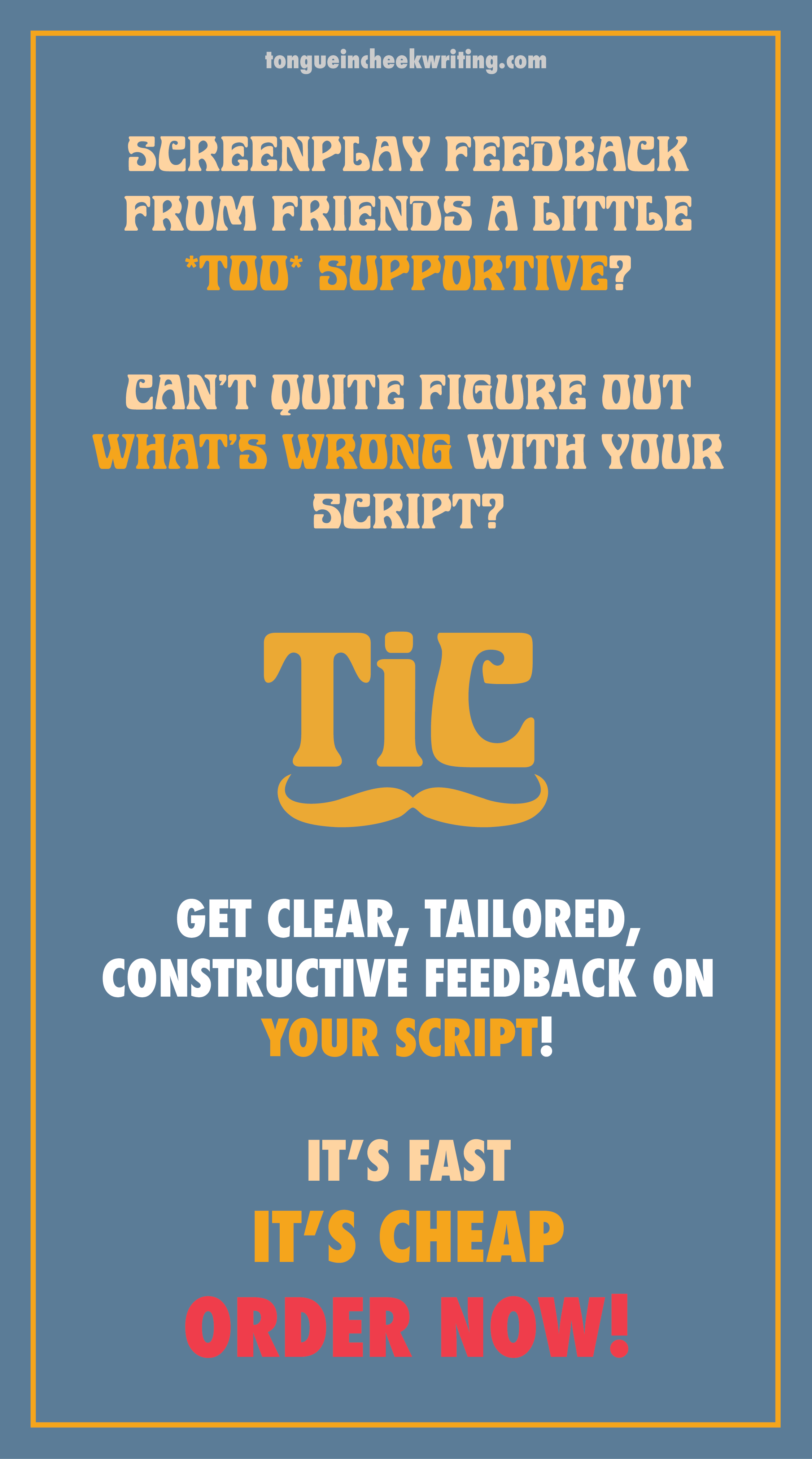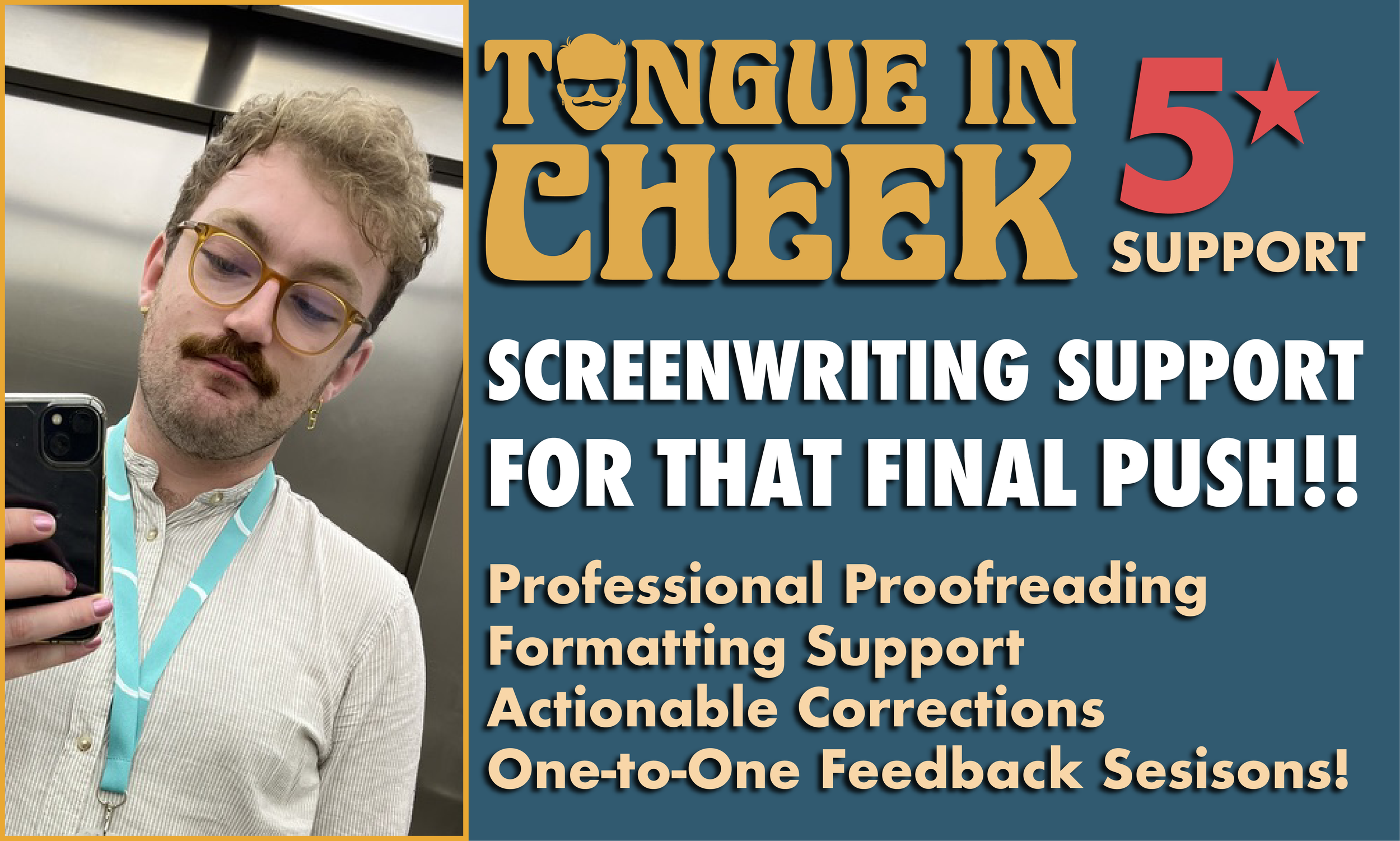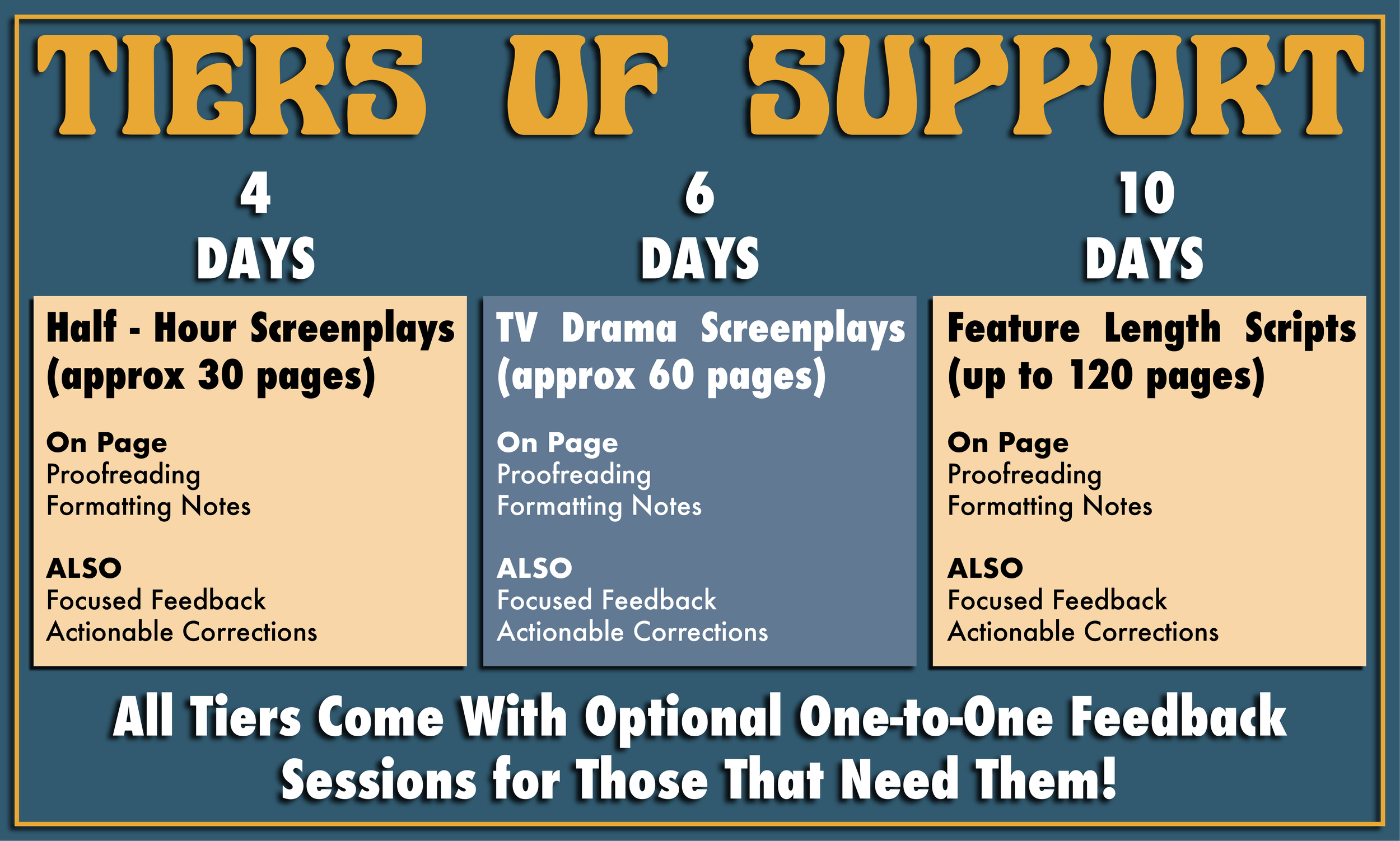Don’t Submit Your Script to BBC Writers Until You’ve Done These Four Things
For entry-level and early career writers, the BBC Writers Open Call is the holy grail of opportunities. Whether it’s worth the hype or not, it provides unsolicited writers with two incredibly valuable things:
A deadline to work to
An opportunity to have work seen.
Before you rush to the submissions page to send off your script, you need to remember that if you’re not successful, you will never be able to submit that idea to the Open Call again. So don’t submit a script just because you have the draft available.
Instead, take the time to make sure your script is really ready. Don’t know what you’re looking for? Well, dear reader, I have the list for you right here!
Proofread Your Script
Formatting
Unlike prosaic or poetic writing, screenwriting adheres to a clear set of rules. You can grumble all you like about it but if you want to get produced, you need to write something where every department can get what they need to make your script a reality.
So you’ll need sluglines, action lines, clear dialogue, and all the other components that make up a truly compelling script. Don’t know what they are? Luckily for you, a handsome man put together a full breakdown of screenplay components on his excellent blog. Get a refresher HERE.
Spelling & Grammar
Once your script is ship-shape formatting wise, you need to go through the text with a fine tooth-comb, ironing out every errant comma, incorrect they / they’re / their, and other grammatical faux-pas.
If I’m completely honest, this is the one and only thing I ever use A.I for. It’s far stronger than most spell-checkers and AI tools in word processors, and you don’t have to worry about stealing anyone’s job. You’re stealing your job, and it’s a job nobody really likes doing anyway.
Check For Plot Holes and Inconsistencies
Plot Holes
You may have noticed one or two plot holes on previous passes over the script. By isolating the pursuit of plot holes as its own task, hopefully you’ll be better equipped to find and eradicate them.
Plot holes can range from the incredibly minor mistake of a character leaving one room wearing a hat and entering another one without it, or they can be as large as forgetting the internal geography of a set. The former is an easy fix, the latter will require a more serious rewrite to ensure audiences are entertained, not bamboozled.
Character Names
It doesn’t matter how many drafts you write, there will always be moments where characters names from an old draft bleed through, or a nickname changes without notice or reason.
The same goes for place names. Go through each scene and make sure there’s consistency in character and place names, and where there’s variety that there’s a plot or story reason for it.
If it helps, make a note of each recurring setting, character, or term as you come across them. Then, as they come up again, check against the original occurrence. Don’t match? Quick fix.
Scene Logic
A lot of early career writers struggle with this particular issue. This is partially geography, but crosses boundaries into several areas of concern. I will stress, this isn’t to do with story structure, we’ll cover that later.
Scene logic is focused purely on whether the reader can actually follow what’s on the page. Some things to check for are:
When / Where / How / Why do characters enter and exit scenes?
Do characters disappear mid-scene or are forgotten about?
Is it clear where everyone is at all times?
A reader asking the question “where did they come from?” or flicking back a page to see if that character had been in the scene the whole time takes them out of the reading experience. As soon as they do that, all hope is lost!
Read it Aloud
Dialogue
Dialogue can read like absolute poetry. It can be the single most profound chain of words humanity has ever achieved.
Then you read it aloud.
And it’s shit.
You now have two choices. You can either stick to your guns and leave the dialogue in, or you can understand that the reason you now hate it is because you’ve heard it through the ears of the audience for the first time, and you recognise that the line doesn’t work.
Action Lines
“Character A enters. They move across the room. They smile.” All physical actions you can point a camera at, but if you read them aloud and they fill you with excitement… you’re very easily pleased.
When you read your script aloud, focus on the action lines, and make them exciting to read. Put a bit of emotion in the way characters walk, put some character into the way they hold themselves. Put some colour in the set.
Sod it, stick a JPEG in there! Why not? This is your story, told your way. Don’t just let your reader see the script in their mind, make them feel it.
Pacing
When you read a script aloud, one thing you’ll certainly notice is the areas where things move too fast or too slowly. This is where you really start to analyse the structure of the script.
Where can you trim the fat? What are the moments that you need to let breath more? Is everything in the right order? Are the hooks in the right places?
Entertaining
Leading on from pacing, reading aloud your script will give you one vital piece of information:
It will tell you if it’s any good.
Many of the worlds most accomplished screenwriters (think: Tarantino, Dustin Lance Black etc) work hard to make their scripts a form of entertainment in their own right before submitting for the entertainment of others.
Yes, your script will be used by all departments during production, but only if the readers find it entertaining enough to put funding and time behind it.
Get A Second Pair of Knowledgeable Eyes
Spot What You’ve Missed
By this point, you’ve probably re-read and redrafted your script more times than you’ve had hot dinners, but it’s still not enough. There will always be things you’ve missed. Typos, logic gaps, pacing issues that you’re too ‘in the weeds’ to notice.
Second readers aren’t concerned with the story outline you worked on for six months, or the iterative character profiles that got your protagonist to where they are. They’re just focused on one thing: being entertained. With such a blank slate, issues will jump out at them in ways you simply will never experience.
Not Worried About Bruising Your Ego
Seeing the issues is one thing, telling you about them is quite another. So, unless you trust your second reader wholeheartedly, don’t give your script to your best friend to proofread. They’ll spend too long imagining you slaving over the material to give you honest feedback. As a result, you’ll submit the script in full confidence and end up bitter and confused when the script is rejected without feedback.
Instead, find someone who is solely focused on the betterment of the script and isn’t afraid to say so. That person should, for mental health reasons, also be generous with compliments where the script is working.
Prepare for Career to Come
I have bad news for entry and early-career writers. You won’t put your script on the desk of a producer, be showered with money and praise, and see your masterpiece put to screen in 18 months.
What will actually happen is you’ll be assigned a script editor who works for the production company. They will work with you to hone your script, making sure it’s of a produceable quality and adheres to the production house’s needs.
You may find yourself doing countless redrafts on shorter and shorter deadlines, stuck in a seemingly endless cycle of feedback and rewrites. And as entertaining as that isn’t, it can be an incredibly rewarding relationship.
Through feedback and support from a third party you will become a better writer, and trialling that relationship now is going to massively improve your chances of success in the long run.
HIRE ME
If you don’t have that second pair of knowledgeable eyes that will shower you with praise and constructive criticism, don’t worry!
With a perfect 5* rating on Fiverr, I’m here to help you with whatever you and your script need to get into shape before the BBC Writers deadline on 02 December (UNDER ONE MONTH AWAY!)
You can hire me for my usual script editing service, where I will write a full, comprehensive script report targeted at your writing needs. Alternatively, for one month only, I’m offering a proofreading and mini-report service that quickly targets the focus points of your script with actionable tasks and suggestions to get your script ready for submission to the biggest UK scriptwriting competition of the year.
You never know, you might just end up winning!




